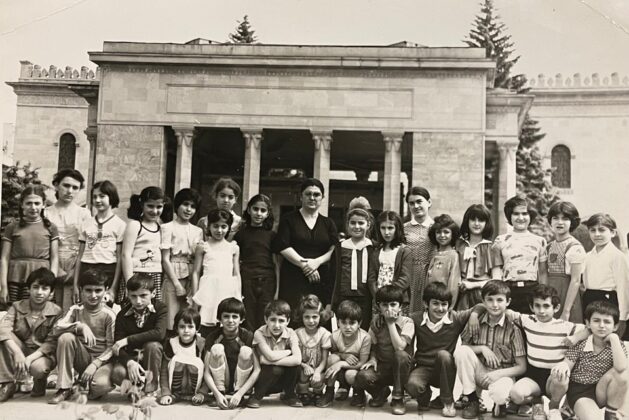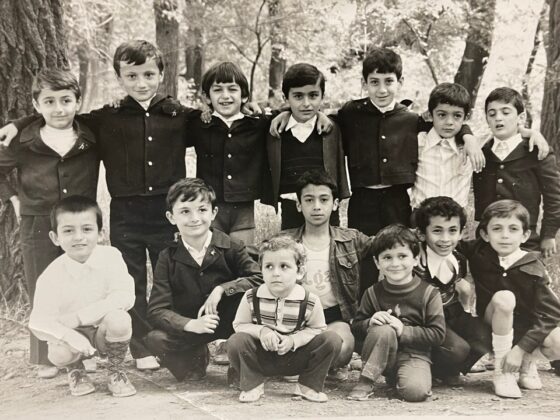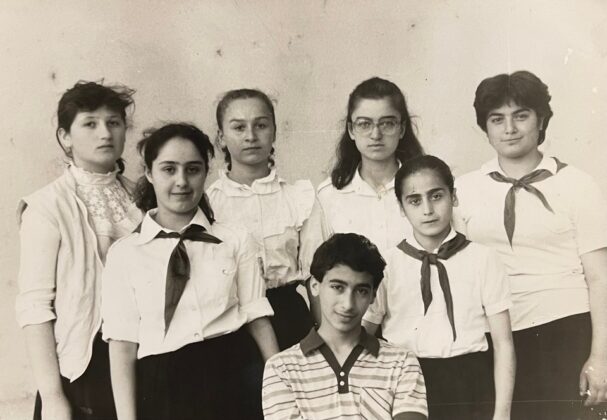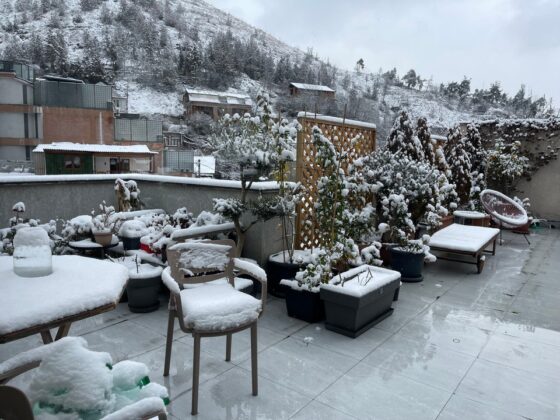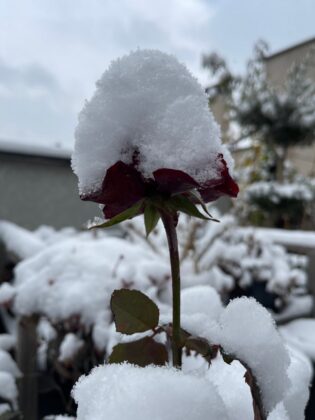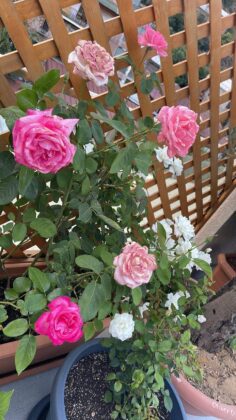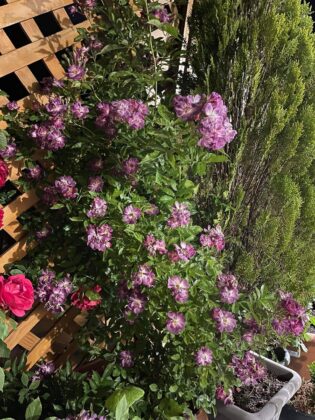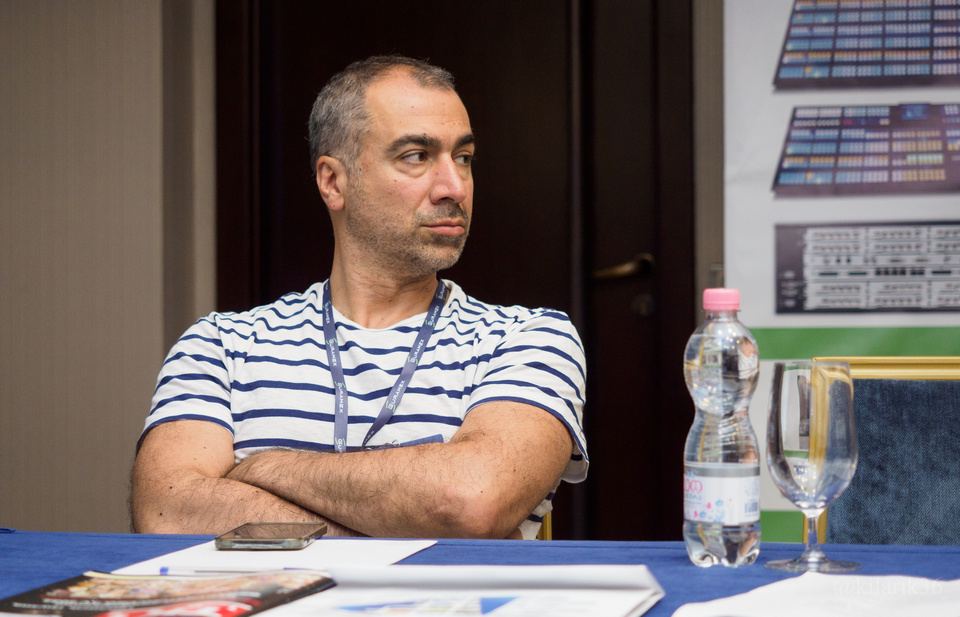
The interview with Dudu Kurdgelia, Deputy CEO of Rustavi 2 TV Channel, Georgia.
– When and where were you born? Who were your parents?
I was born in 1973 in Rustavi, an industrial city near Tbilisi. It’s symbolic that the TV channel, where I build my career for my whole working life, is also called Rustavi 2. I have authentic Georgian genetics: my ancestors lived in Kartli, and on my father’s side — in Mingrelia.
My parents were engineers. Before and for some time after my birth, my father was a vegetable greenhouse engineer. Later he worked at a polypropylene chemical plant in Rustavi. My mother worked in RustavGas, the organization that supplied local industry and citizens with gas.
Also, I have a sister, a year younger than me. Both of us graduated from the same school.
– When did you move to Tbilisi?
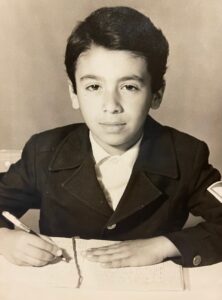
I moved to Tbilisi when I got married. I studied at school in Rustavi, though. I went to school in 1979 and was a straight-A student up to the 8th grade. In my senior classes, I cared less about studying, but still graduated from school having good grades. I was not aiming for the gold medal, though my father was really concerned about it. He often told me that I didn’t use an opportunity to achieve the gold medal, as he did. After 1989, there was no time for studying. I had to reconsider things, which we had been taught. This process prevented me from getting good grades.
– What is your educational background?
In 1990, I graduated from school and entered the Faculty of Economics at IvaneJavakhishvili Tbilisi State University. Due to the civil war, I had to take a three–year academic leave and move abroad. I stayed at my relatives in Turkey and Russia. Actually, there was a funny situation before I entered the university. I dreamed of studying Medicine and was preparing to pass the necessary exams intensively. I diligently studied chemistry and biology with tutors. However, at that time in Georgia, entering medical school was next to impossible, unless your parents were doctors or had certain privileges. Also, they didn’t reject highly gifted children. Everyone tried to dissuade me from entering. My two only options were either to enter the university or join the army. Of course, in 1989–1990 I didn’t feel like joining the army, so I decided to increase my chances of acceptance. Since I had chosen the profession of economist at random, according to a faculty’s passing score, I studied with no interest — just to obtain a higher education diploma.
– When did you make your first earnings?
Studying at the university, I started working at the Rustavi Metallurgical Plant. I was offered a simple job by a cooperative based on the plant. Every evening I had to be there to arrange the distribution of various goods. My salary was about 300 rubles, almost like my father’s.
– Did that job arouse your interest in technics?
My interest in technics came along with the experience of working on the TV channel. I had no such tendencies before that. Even when I started working on television as a producer, it took some time for me to take an interest not only in the content itself, but also in its components. Understanding the complete TV production workflow contributed to my progress in studying the technology. Gocha Kumsiashvili, currently the director of production and technical support department at Georgian Public Broadcaster, has taught me a lot. Gocha is a highly qualified professional in physics and programming. I enjoyed adopting his skills, and that’s how my interest in technology was revealed. We shared experiences and learned a lot together.
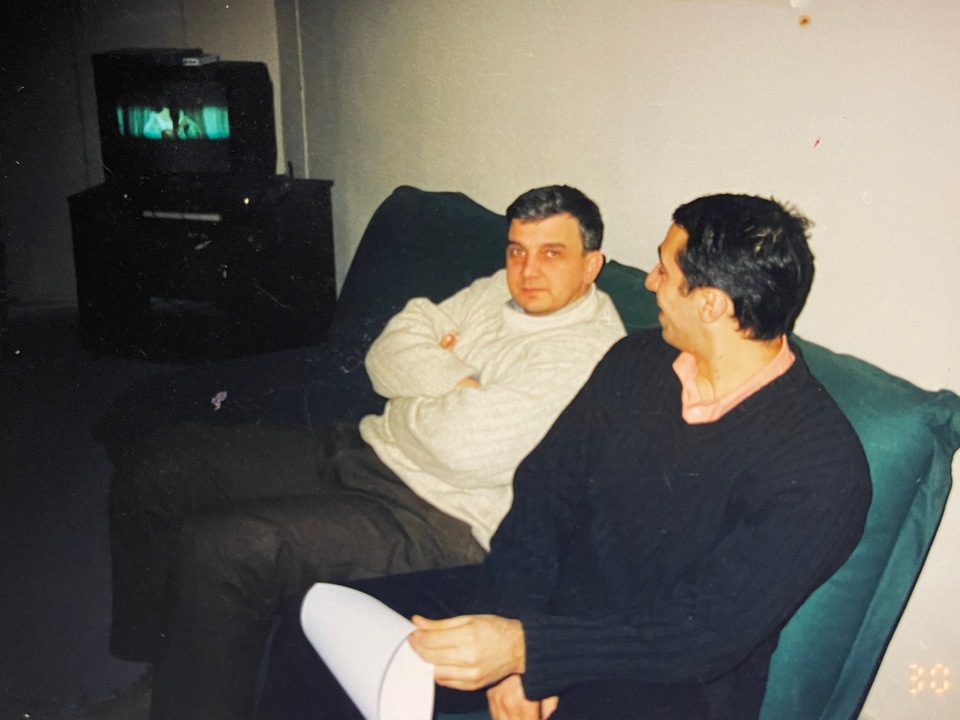
– Where did you work, having returned to Georgia after a three-year break?
I returned to my homeland in 1996 and graduated from the university in 1997. It was my destiny to work at the Rustavi 2 TV channel. In 1994 my friends started working there, so from time to time I dropped by and observed the workflow. Erosi Kitsmarishvili, the founder of the channel, was a brother of my childhood friend, which brought me even closer to this company. Another childhood friend of mine, Gia, was a Head of Information Services at the Rustavi 2 TV channel.
One day he asked me to help with some producer’s work, assuring me that I would not fail. Three days later, I found myself broadcasting the news live. It was the starting point of my TV producer career. I was in charge of preparing ENG equipment, footage editing management, and broadcasting. Back in the day, I had no idea I would devote 25 years to working in this company.
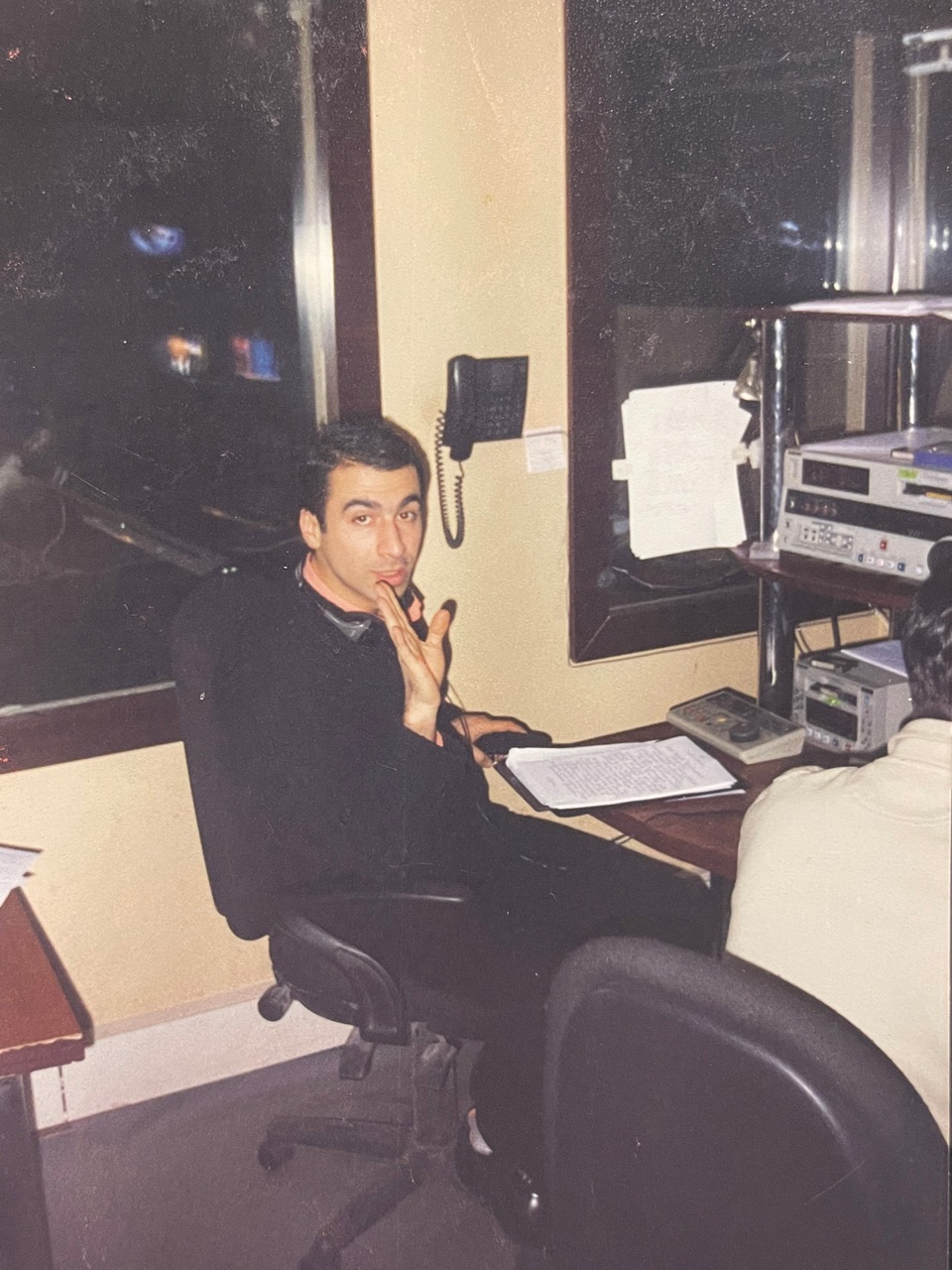
– What was Rustavi 2 like then?
For the first three years, the company was based in Rustavi. It was very popular among the locals. As the news broadcasted by the channel was sometimes provocative, one day you could face people, armed with machine guns, all around the office. When Rustavi 2 became even more popular, the founders realized that scaling was inevitable. In 1997 the channel moved to Tbilisi. Soon after that, a broadcast license was canceled, but within a year we succeeded to restore it. In 1999 Rustavi 2, formerly local, became a nationwide channel. At the time, we had only two newscasts: at 6PM and 9PM. All the employees were thoroughly selected from the very first days, that’s why lots of them never even thought of quitting.
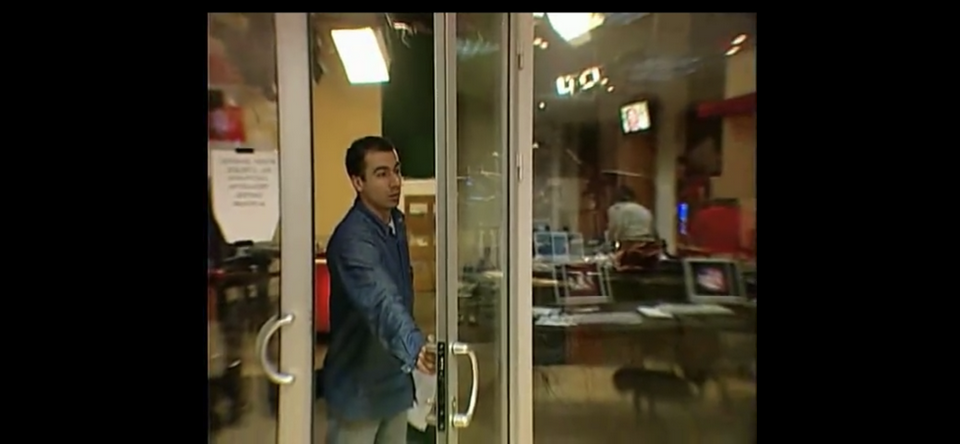
– When did you start focusing exclusively on technical management?
I switched to technical tasks in 2006, although I had been dealing with common tasks for a long time before. Working in the news, I was in charge of maintaining the equipment. For instance, the Rustavi 2 archive system was created by me. I managed all the technical crew. It was 1999, whn the first international projects were launched. There was only one soundstage used both for news and the “Who Wants to Be a Millionaire” show, that’s why we had to reassemble the set all the time. Until 2002 we did not even have a technical director.
– When did the new studio construction begin?
The first big production complex construction took place in 2006. The design stage went on in 2005–2006, and in 2007 the complex was launched. The broadcast control room and newsroom were completely automated, and all the systems still work.
We planned to build a new complex for handling HD, but we didn’t work it out. As we still had been going live from an old broadcast studio, a new soundstage construction was scheduled for late 2012. The project was postponed due to the lack of funds. It was also influenced by a lawsuit between the previous and current owners.
Since the very beginning and until now, news has always been the company’s main objective. Our channel is nationwide, but the newscast takes the central stage. In 2019–2020, we succeeded in building the new complex’s control room for HD broadcast, although the news is still partially delivered in SD. Fortunately, current technical issues do not affect the ratings. The audience values the information much more than the image quality.
Certainly, we had passed several crisis periods, when some employees were quitting. Anyway, half of today’s crew comprises people who have joined the channel long ago.
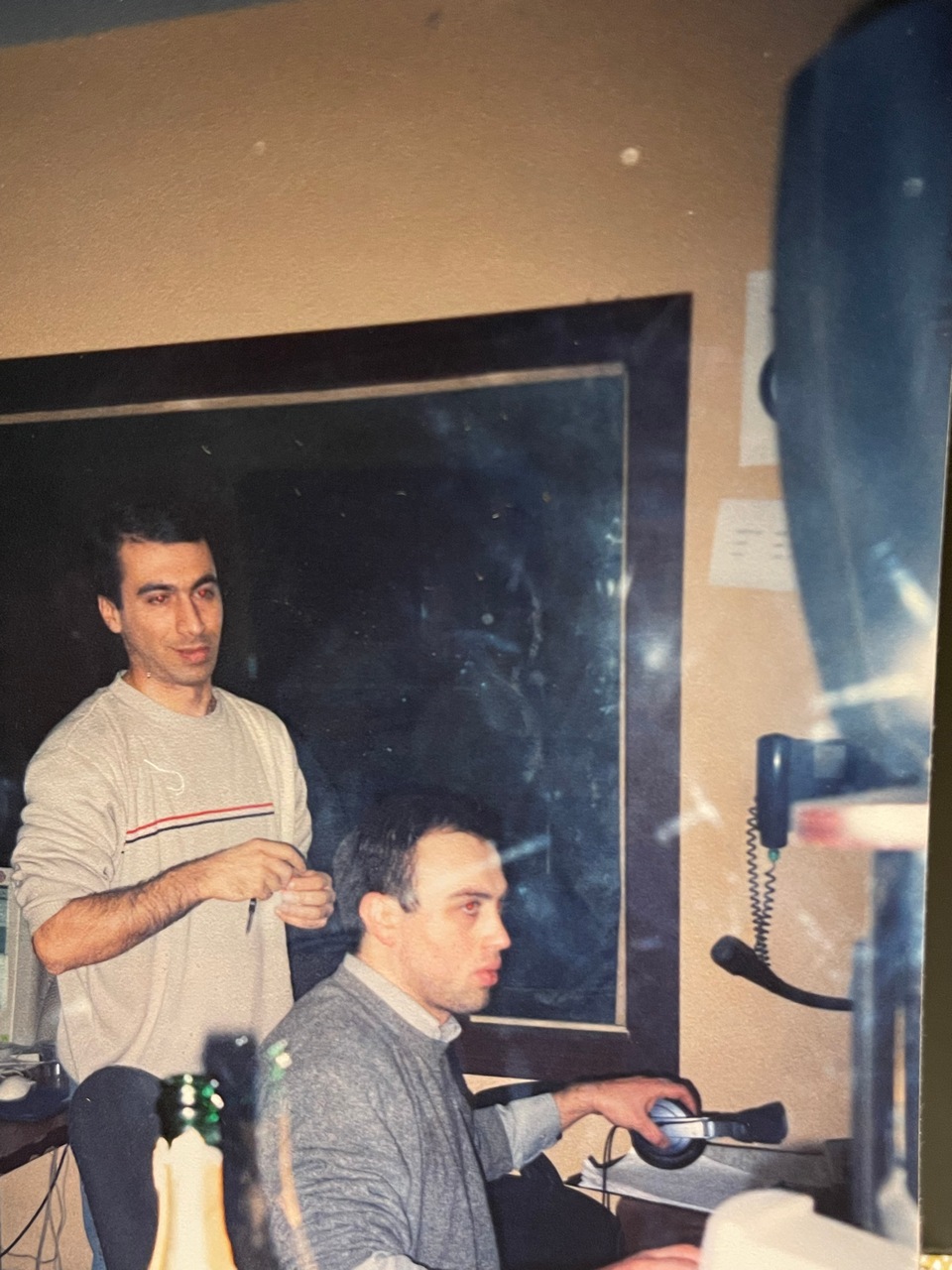
– How do you hold location shooting?
We do not have a specialized production truck. We have cases, assembled with our own hands, for different cameras, cable reels, a simple intercom, audio mixers and video switchers. We assemble a separate control room without a production truck for music shows, for example “Got Talent”. We use 12 Sony HD cameras for such projects. The first camera we used in Tbilisi studio was the EZ–1. It was chosen through the digital in-out interfaces, so it could be connected to the computer. As we lacked money for a proper set design, the 6PM and 9PM news presenter was filmed in front of a green fabric hung up in a studio. It has been lasting for five years since 1997. Then we have bought our first Ikegami cameras which still work in the studio and have never required any repairs.
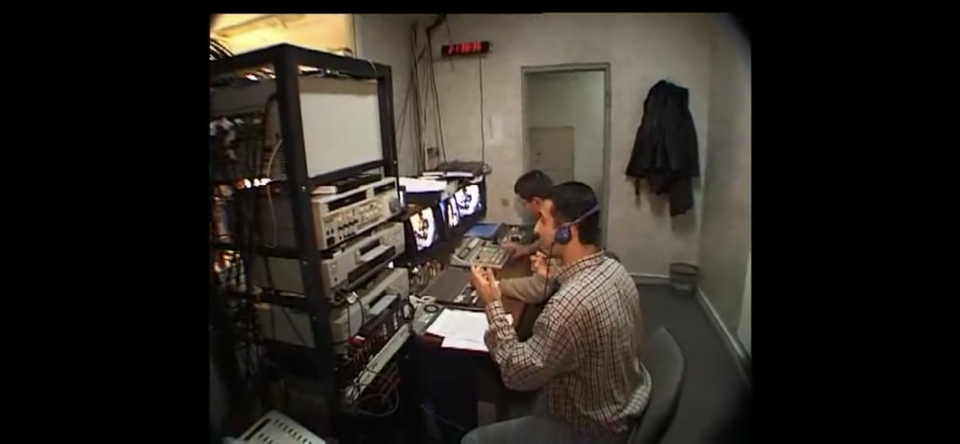
– What do you consider your greatest professional achievement?
The existence of the TV channel with high-quality content for 29 years to the present day is a great accomplishment, I’m involved in as well. Despite all difficult situations, I have never given up on my company, and I’m proud of it. I can’t imagine myself anywhere else, as the development of the TV channel affects my personal and professional success greatly.
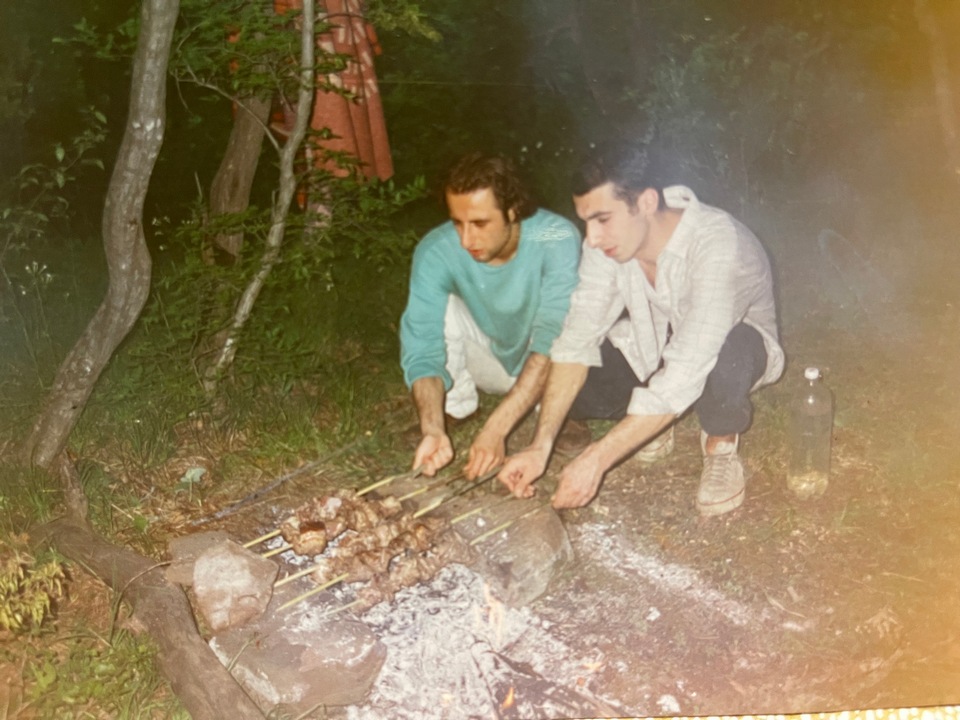
– How is your family life going?
I have a wonderful family — a wife and two daughters. I met my wife on the Rustavi 2 TV channel. I was a broadcast producer, and my wife just started to work on television. She graduated from the Faculty of Journalism in Tbilisi. Then she studied for a master’s degree in the USA. Having returned home in 2005, she started working at Rustavi 2. In 2006 we got married.
My wife left Rustavi 2 in 2007 and worked for several magazines as a contributing editor. Now she is a communication manager.
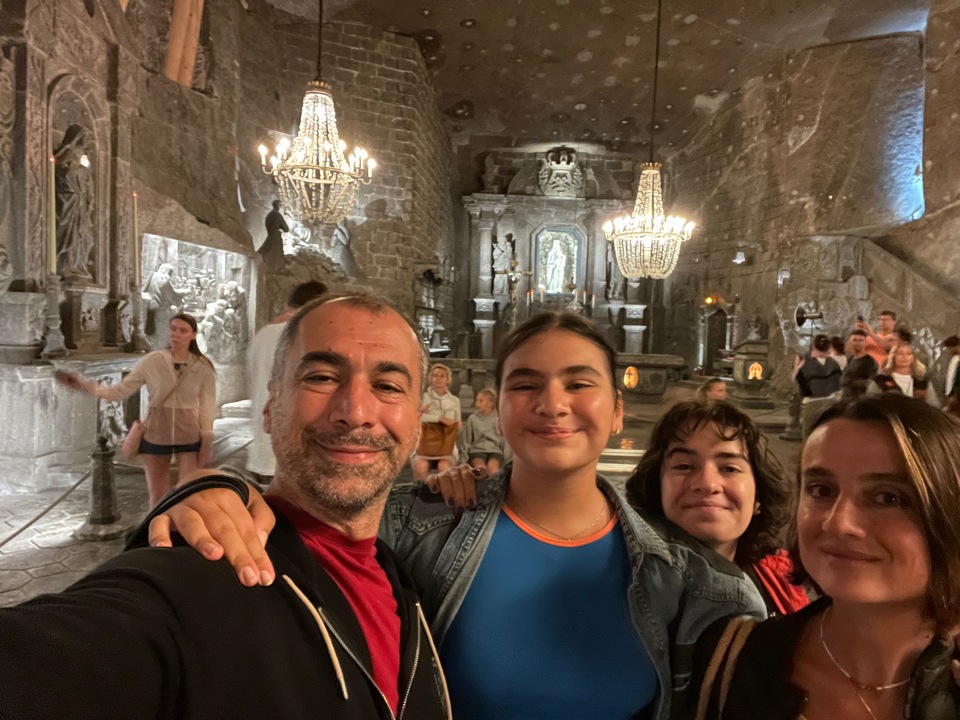 I advise my kids to study subjects related to natural science, to develop their logical thinking skills. However, both of my daughters are more interested in languages: they know English well and have studied Russian on their own. The eldest daughter is now studying Spanish and German, and the youngest — German.
I advise my kids to study subjects related to natural science, to develop their logical thinking skills. However, both of my daughters are more interested in languages: they know English well and have studied Russian on their own. The eldest daughter is now studying Spanish and German, and the youngest — German.
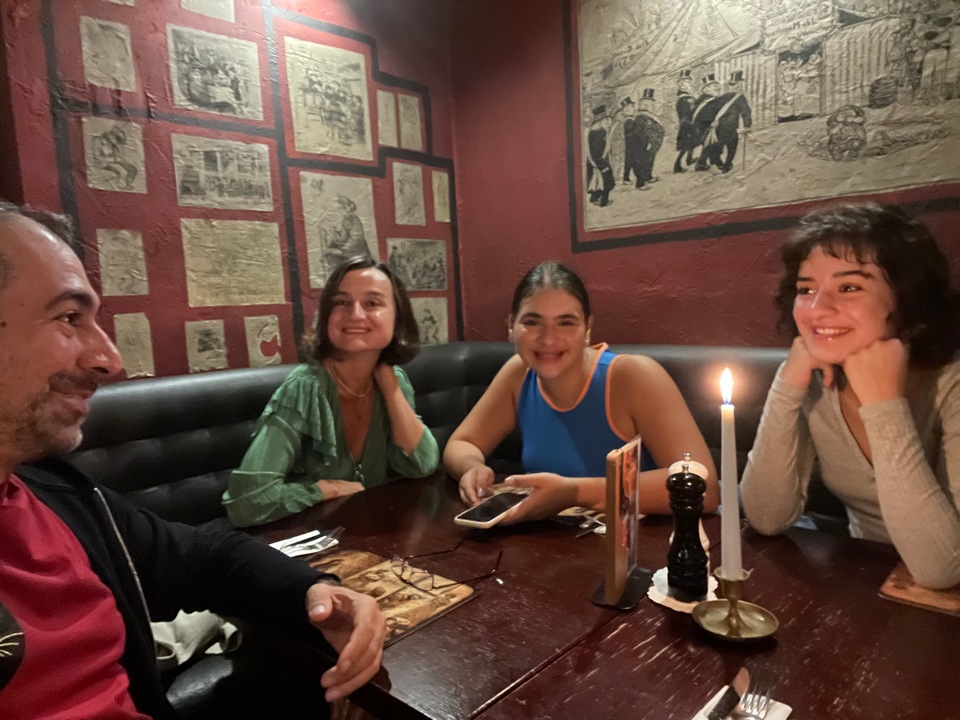
– What are your hobbies?
I used to play football as a schoolboy. My friends and I were fond of mountain tourism all around Georgia. Now I sometimes run, and also go in for race-walking and skiing. We have a small terrace garden, and my new hobby is gardening.
We have a small terrace garden, and my new hobby is gardening!

On 23-24 May, TKT1957 will be conducting an hybrid conference titled «Broadcasting 2023. The main premieres of NAB Show» in one of the best world marine hotels – Paragraph Resort & Spa Shekvetili.
The CTOs of TV centers and TV channels from 8 states of the Eastern Europe and Central Asia will take part in this conference.
We’re inviting CTOs and partners!


